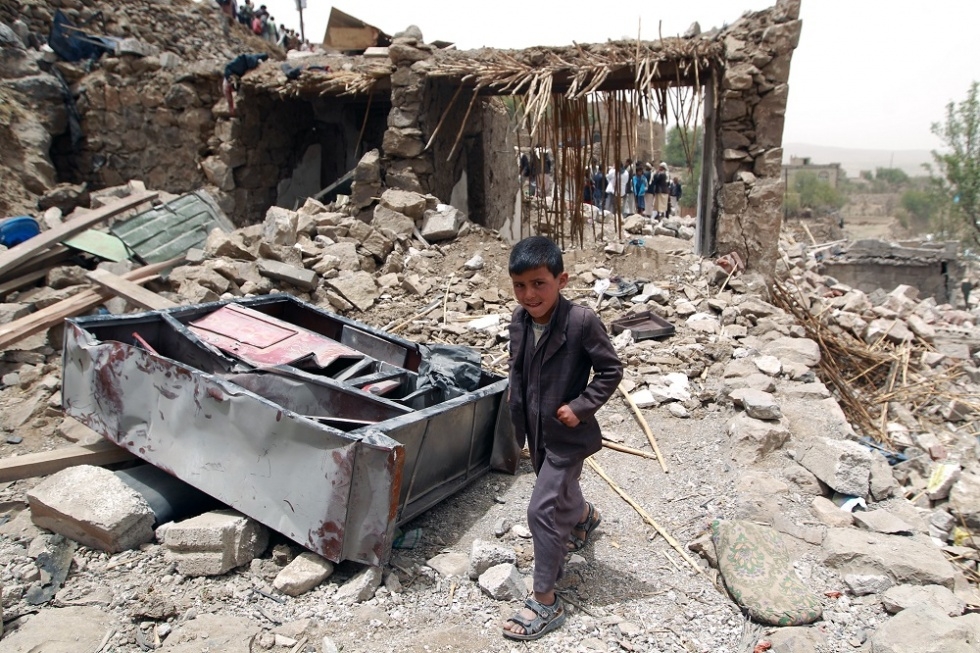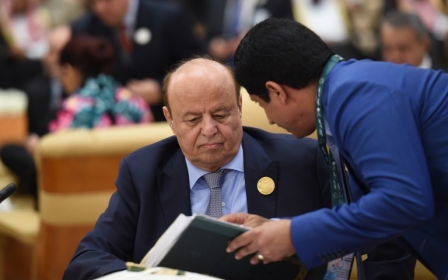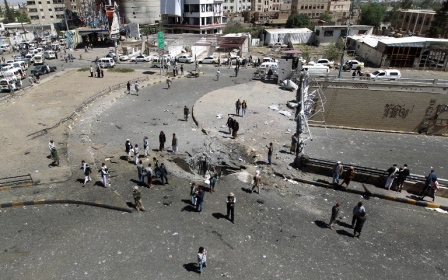Over 500,000 children face malnutrition in Yemen: UNICEF

More than half a million children are facing life-threatening malnutrition in Yemen where the humanitarian crisis is worsening, the head of the UN children's agency UNICEF said Tuesday.
"The stunting rates in Yemen are likely to go up. It means children do not reach their full height but also that their cognitive capacities are affected, which becomes a permanent burden on the whole society," said Anthony Lake in an interview with AFP.
The United Nations has designated Yemen as one of its highest-level humanitarian crises with 80 percent of the population on the brink of famine.
Aid deliveries have been severely restricted, compounding the crisis from eight months of civil war that have left 10 million children in need of urgent relief.
A UN push for peace talks to end the fighting between the Saudi-backed Yemeni government and Houthi rebels has run into hurdles, with no date set for negotiations to begin.
"The situation continues to worsen," said Lake. "What we need is a political settlement urgently."
The UNICEF executive director said he was "somewhat" more hopeful than two months ago about prospects for a peace settlement.
Saudi Arabia launched an air campaign in March against a Houthi offensive, but the air strikes, which have destroyed a hospital and hit two weddings, have raised alarm.
According to UNICEF, the conflict in Yemen has also had a severe impact on children's access to education.
"Education has come to a standstill for nearly 2 million children, with 3,584 schools, or one out of four, shut down," UNICEF stated on its website.
Some "860 of these schools are damaged or sheltering the displaced".
The agency said last month that at least 500 Yemeni children had been killed in the war since March.
New MEE newsletter: Jerusalem Dispatch
Sign up to get the latest insights and analysis on Israel-Palestine, alongside Turkey Unpacked and other MEE newsletters
Middle East Eye delivers independent and unrivalled coverage and analysis of the Middle East, North Africa and beyond. To learn more about republishing this content and the associated fees, please fill out this form. More about MEE can be found here.




